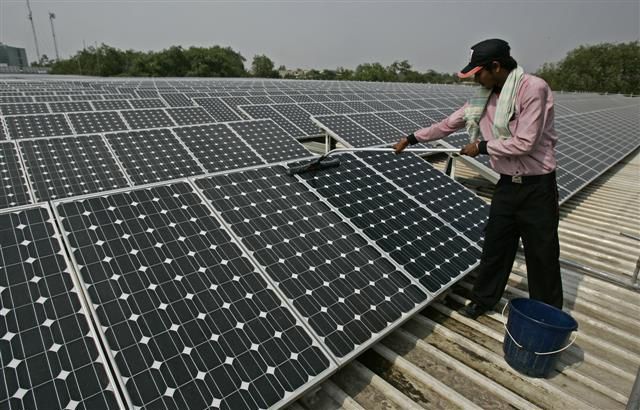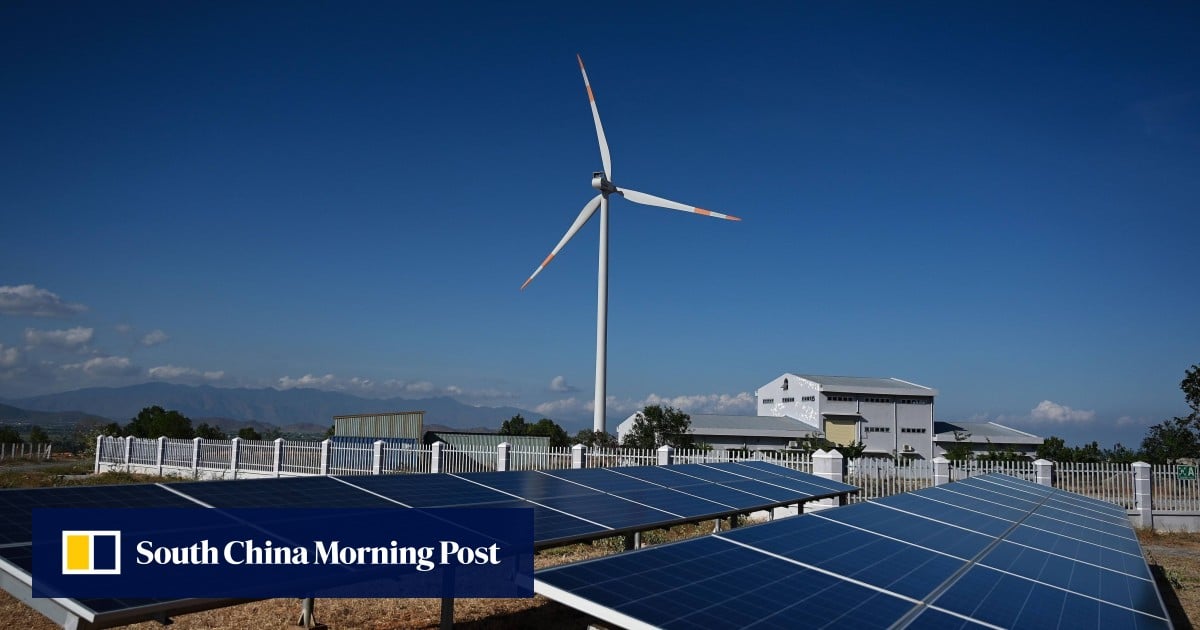In-depth Analysis Highlights Alarming Decrease in Solar Energy Generation Potential
A recent study conducted by experts from the India Meteorological Department (IMD) has uncovered a troubling decline in the country’s solar power potential. The study emphasizes the urgent need for remedial measures to address this concerning trend, suggesting the adoption of more efficient equipment to mitigate the situation effectively.
Insights from the Study
Titled “Understanding the Climatology and Long-term Trends in Solar Radiation Using Ground-based In-situ Observations in India,” the study, authored by six scientists, sheds light on the climatology and trends of global radiation (GR), diffuse radiation (DR), bright sunshine hours (BHS), and the technical potential of solar photovoltaic power (SPV). Analyzing data from 1985 to 2019, the study reveals a significant decrease in solar photovoltaic potential across various regions of India, with adverse implications for energy production from solar resources.
Regional Variations and Impact on Energy Generation
While India boasts vast SPV potential ranging from 1800 to 3400 Wm-2, regional variations significantly influence solar power potential. The study underscores the importance of understanding these variations for optimal utilization of solar energy in power generation. Factors such as atmospheric turbidity and cloudiness contribute to the observed reduction in global radiation, particularly affecting regions except for the extreme northwest.
Key Findings and Implications
The study highlights a notable increase in diffuse radiation, particularly in the northwest and some parts of peninsular India, attributed to atmospheric turbidity and cloudiness. Despite a declining trend in average global radiation, the rate of increase in average diffuse radiation has escalated in the recent decade. Furthermore, a significant decrease in bright sunshine hours, especially in 75% of selected stations, underscores the complexity of solar radiation patterns across the country.
Role of Solar Energy in Climate and Energy Sustainability
Solar radiation plays a crucial role in shaping the Earth’s climate and hydrological cycle, impacting various sectors such as agriculture, energy, and industry. Recognized as a renewable energy resource, solar energy offers an effective solution to mitigate greenhouse gas emissions and reduce global warming. Additionally, solar energy promotes self-reliant energy generation, reducing dependence on foreign energy sources.
The study concludes with a call to action, emphasizing the urgent need for widespread adoption of solar panels with enhanced efficiency to meet energy requirements from solar resources effectively. As India grapples with declining solar power potential, proactive measures and investments in solar technology are imperative to ensure a sustainable energy future.
The findings of the IMD study underscore the critical importance of addressing the challenges posed by diminishing solar power potential, reaffirming the significance of solar energy in India’s transition towards a greener and more sustainable future.
Source:tribuneindia.com





